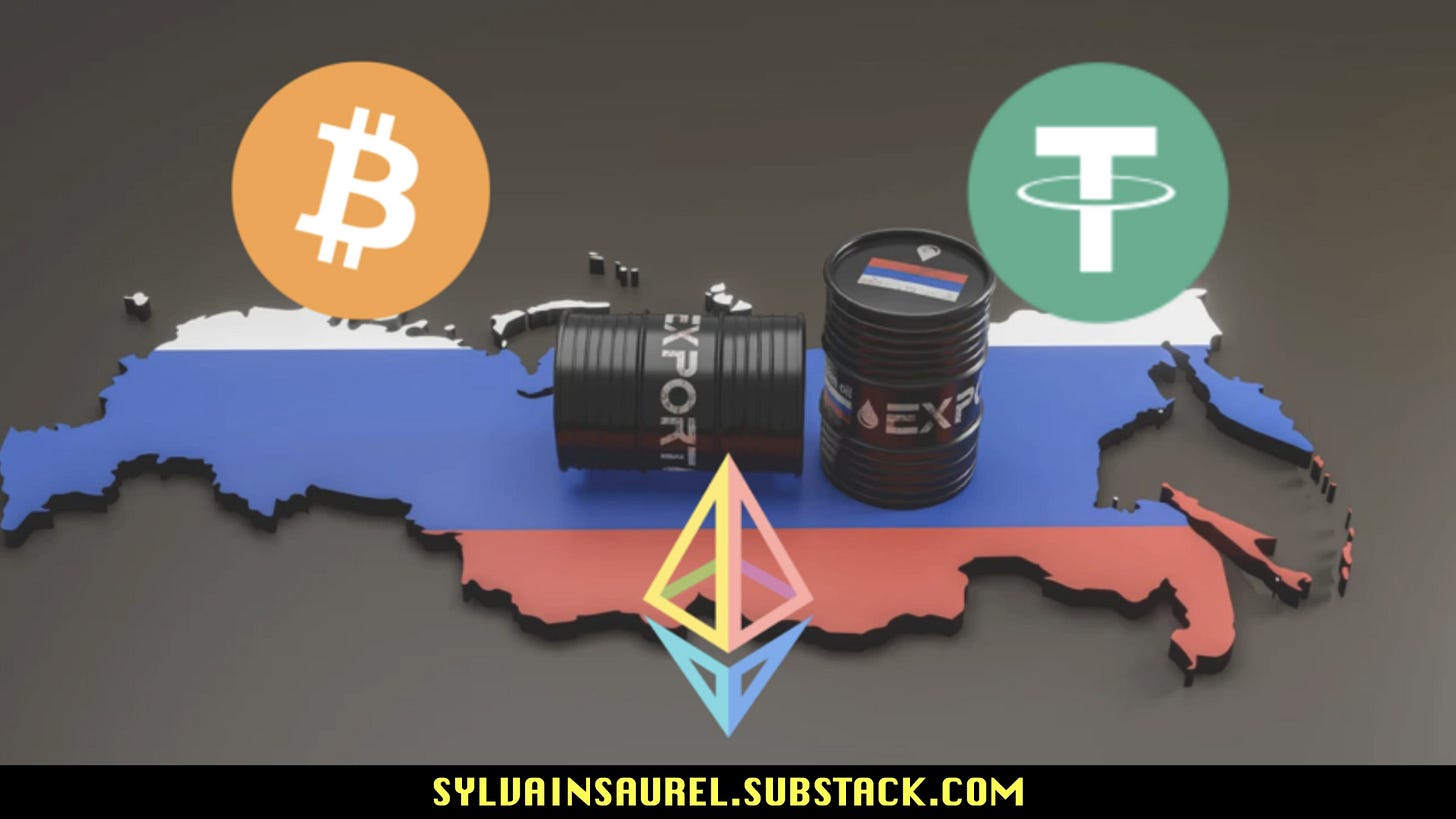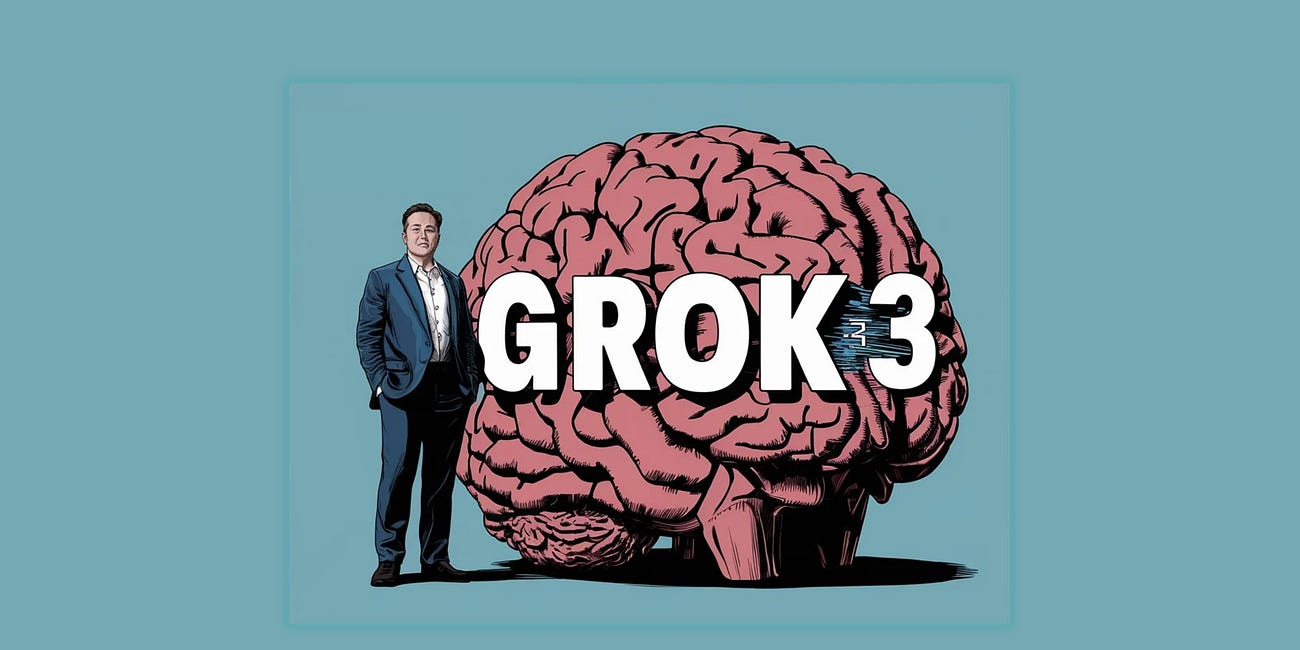Who Will Pay the Accurate Price of Artificial Intelligence?
The question arises as the challenge remains to capture as many users and as much data as possible.
Is the party in the AI world about to end?
It's hard to say for sure, but there's a strange feeling about using such powerful tools as ChatGPT without paying a cent when these companies are spending hundreds of billions of dollars. Is AI beyond our means?
OpenAI executives recently told investors that they plan to sell AI agents for $2,000 a month, The Information reported last week. And again, “low-end” agents correspond to “high-income knowledge workers”. For a mid-level agent, equivalent, for example, to a developer, the bill would jump to $10,000 a month. And even $20,000 for the equivalent of a doctoral student. Nothing has been confirmed by Sam Altman's company, but these figures cast a harsh light on what could be the true price of AI. The head of OpenAI had already set the tone: his $200-a-month Pro offer was not profitable.
To Avoid Falling Behind Trump’s America, Putin’s Russia Is Already Planning a Bitcoin Reserve.
Game theory is going to apply in full force to the benefit of Bitcoin. But will the people benefit?
A jungle of models and prices
While the company is multiplying models (o3, o1, o3 mini, 0 mini-high, ...) and features (Web search, deep search, ...), it is also testing the right price to match. To have the latest generative model (GTP-4.5) and a better response time, it will cost $20 per month. But to test the full o3 reasoning model, it's $1,500... per request.
So far, however, there's nothing new in the world of start-ups: new players are seeking to capture as many users as possible and monetize them later. This is how, for a decade, a generation benefited from Uber VTCs and Airbnb accommodation at rock-bottom prices, as they were largely financed by venture capital funds; before rising interest rates sounded the end of the recreation.
What about AI? For the general public, the answer is simple: the right price is 0 euros. Firstly, because of DeepSeek. Once again, DeepSeek will not hesitate to copy the best models and distribute them as open source free of charge. Secondly, game theory. Giving up market share would be catastrophic, so we need to keep taking data and testing use cases, until we reach the inflection point we're hoping for.
The possibility of advertising
As for subscriptions costing around twenty dollars a month, also offered by Anthropic (Claude) or Mistral (Le Chat), they can only concern a minority of geeks or people who use AI in their work, but not the general public, at a time when we are seeing the first arbitrages between streaming subscriptions. On X, Elon Musk did not hesitate to double the price of the Premium Plus subscription to $40 for access to Grok 3.
xAI by Elon Musk Unveils Grok 3 – An Overview of What Sets It Apart From Other LLMs
Elon Musk's xAI has just unveiled Grok 3, the latest iteration of Grok. Grok 3 seems to be proof that the laws of scale are not over. This opinion continues to gain ground in Silicon Valley, and it has to be said that several elements fuel this opinion. Starting with the computing capacity dedicated to Grok 3 training.
What if AI were to be monetized through good old-fashioned advertising? According to the Financial Times, Meta, well-versed in this economy, would not rule out this hypothesis with the appearance of paid advertising or sponsored publications in the search results of its Meta AI assistant. Since October 2024, Google has already been testing the implementation of advertising in its AI Overview answer summaries, and the start-up that dreams of dethroning it, Perplexity AI, has followed suit.
In their quest for critical mass, AI publishers have also approached telecom operators and their large subscriber bases. These deals are more about attracting users than generating cash.
And what about businesses? Here again, it's difficult to get customers to pay upfront, while returns on investment remain uncertain. Microsoft, for example, has had to lower the entry price for its AI, with Copilot Chat, allowing users to familiarize themselves with the tool. Otherwise, it costs $30 a month for each user, which can quickly become very expensive for a company. The other model is to charge per use, but the price of the token has been divided by ten in one year.
A value-sharing model
Three trends are emerging, however, in an attempt to monetize AI in the enterprise: specialization by business line to offer higher-performance models, local execution on company servers with high-security guarantees and insurance, and a value-sharing model based on the productivity gains generated.
At the end of the road, AI vendors want to achieve generative artificial intelligence, a kind of martingale that is supposed to solve all our ills and improve productivity in unparalleled ways. To give concrete representation to this Grail, Sam Altman said he foresaw the possibility of the birth of single-employee unicorns, i.e. start-ups valued at over $1 billion led by the CEO alone, surrounded by an army of AI agents who will have replaced the other functions.
Until then, what will drive the price of AI will be the value it creates in the enterprise. As for the general public, there won't be any extra subscriptions, but keep an eye out for those little extra charges in the subscriptions, because it's highly likely that AI will end up being diluted in all our services.
With Zuchongzhi 3.0, China Unveils a Quantum Computer 10¹⁵ Times Faster Than Existing Supercomputers.
The technological rivalry between the USA and China is intensifying, particularly in quantum computing, which is now considered a major technological challenge. Recently, Microsoft unveiled Majorana 1, the first quantum chip based on a topological architecture
With Its Majorana 1 Quantum Chip, Microsoft Is Taking Quantum Computing a Giant Step Forward.
The whole world is currently focused on Donald Trump and his upcoming announcements. With each passing day, Donald Trump takes over the media spotlight. Whatever the field, it seems that Donald Trump wants to be the center of attention. This can be seen in the geopolitical arena, with the exchanges he has begun with Vladimir Putin over the war in Ukrain…
Will Quantum Computing Make Satoshi Nakamoto’s Bitcoins Accessible Again?
On December 9, 2024, Google's Quantum AI team unveiled Willow, its new 105-qubit quantum processor. Willow has demonstrated its ability to correct errors exponentially and process certain calculations in minutes that supercomputers are unable to perform on time scales known only to physics.








